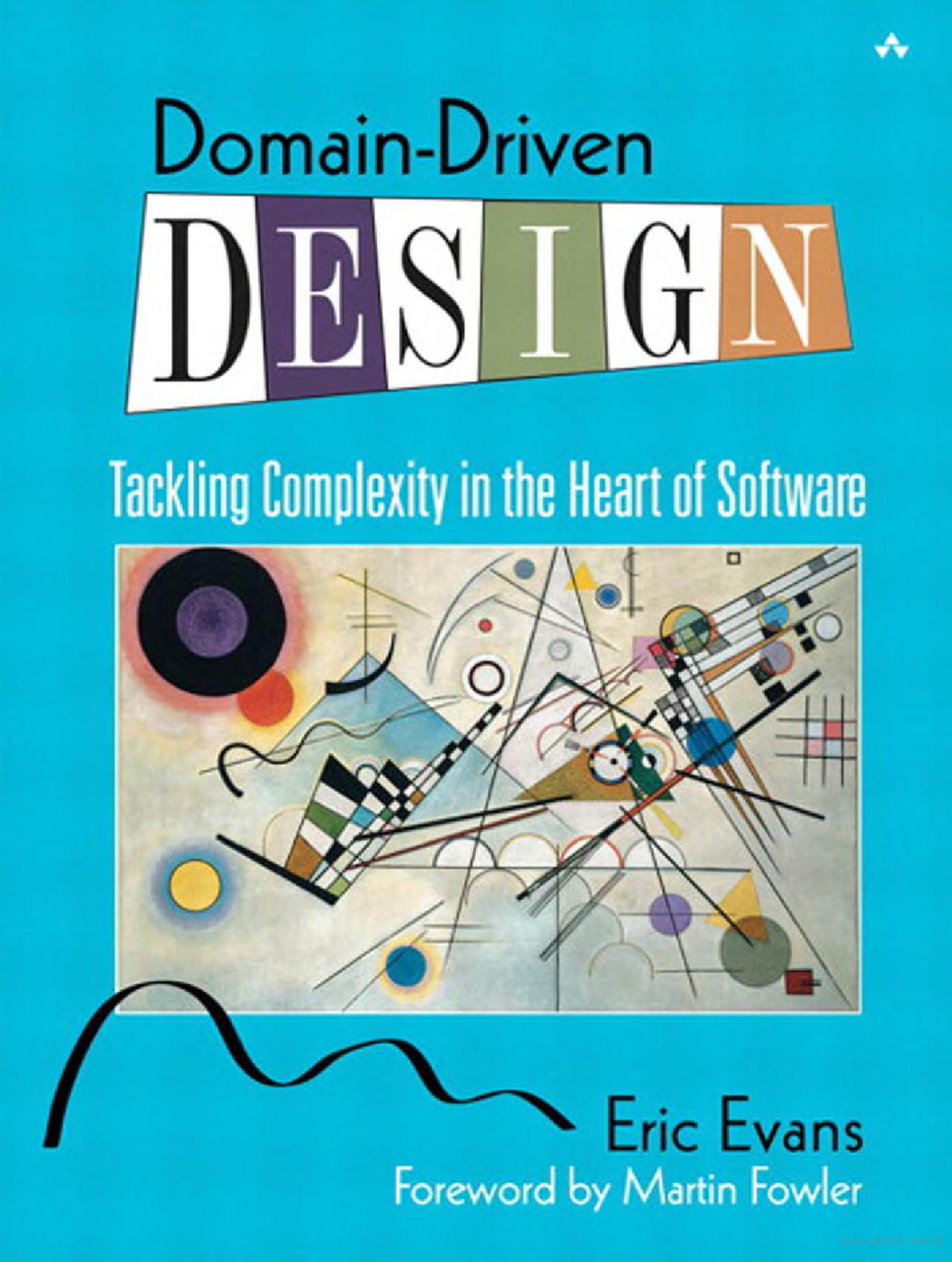What would you ask Simon Peyton Jones?
I have long aspired to interview Simon Peyton Jones, whom I consider the most articulate and charismatic figure in the functional programming community. What makes him even more remarkable is his approachability; I reached out to him on LinkedIn—thinking, why not?—and he actually responded. I was so astonished that I initially thought the reply might have come from his son, Michael, whom I occasionally encounter due to my involvement with Cardano and Plutus.
For years, I've dreamed of hosting a podcast where I interview my heroes, blending in crowd-sourced questions alongside my own.
I aim to pose truly insightful questions about the developmental journey of Haskell. I'm uncertain whether I need to center the interview around the publication of his most recent project, Verse, to secure his participation.
Additionally, what areas should I research heavily? I am versed in category theory and functional programming. But, I think I would need to read up on lambda calculus to sufficiently talk about it.
However, I am more inclined to delve into the profound insights he offers on deeper topics, as discussed by other equally eloquent Haskell core developers like Phil Wadler on the CoRecursive podcast. To me, some of the finest podcasting I've ever encountered was an episode where Phil Wadler talks about "God's Programming Language" and reads letters between the pioneers of lambda calculus, at one point remarking that "the laws of programming languages aren't invented; they are discovered."
Another remarkable moment in podcasting was this whirlwind episode with John Wiegley, where he discusses some truly otherworldly research he has conducted.

It’s crazy how much bullshit gets peddled…….and it all starts with Guccifer 2.0 and Seth Rich.